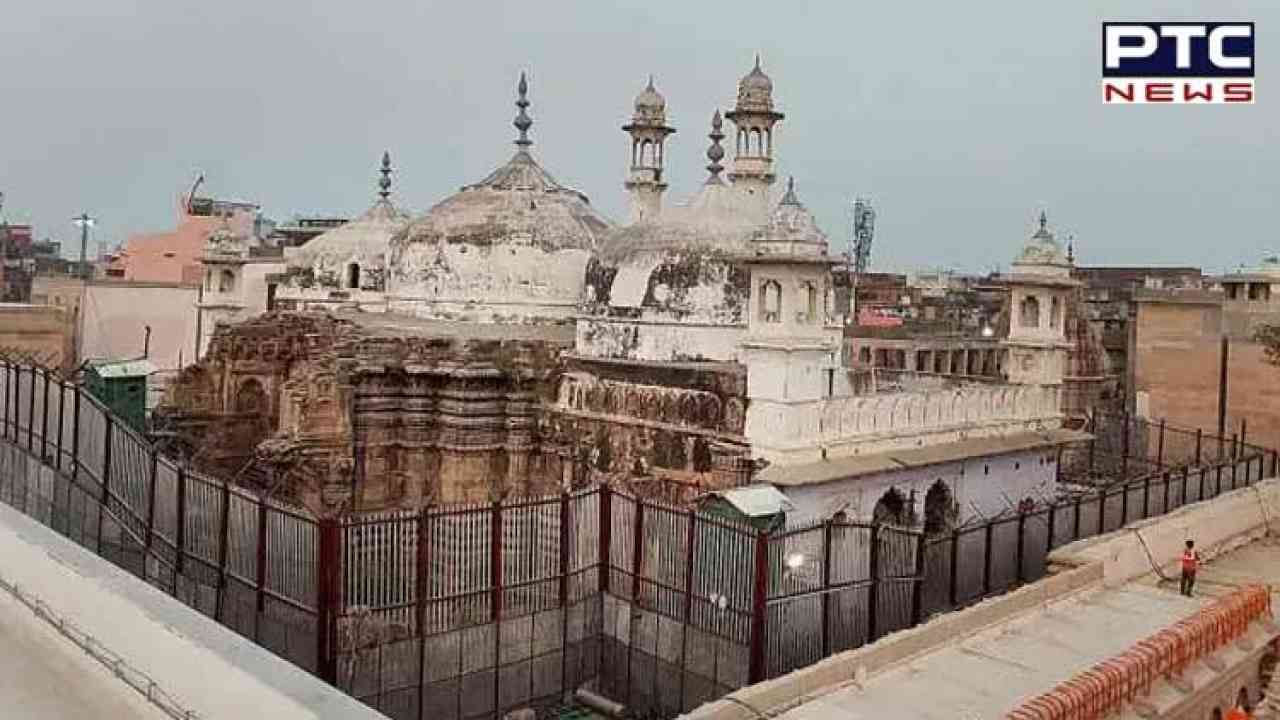Gyanvapi Case: Varanasi court allow Hindus to offer prayers at Vyas Ka Tekhana

Gyanvapi Case: In a major victory for the Hindu side, Varanasi court granted permission to Hindu petitioners to conduct worship inside the formerly sealed basement of the Gyanvapi mosque in Varanasi.
The court's order specified that priests from the Vishwanath Temple are allowed to perform prayers, and arrangements should be made to dismantle barricades restricting entry to the mosque's basement.
Meanwhile, Hindu side lawyer, Advocate Subhash Nandan Chaturvedi says, "...Today right has been given to perform puja at 'Vyas Ka Tekhana' and the court has given the order to the District Officer for compliance of the order within a week..."
The mosque has four 'tahkhanas' (cellars) in the basement out of which one is still in possession of the Vyas family who used to live here.
Vyas had petitioned that as hereditary pujari he be allowed to enter the tahkhana and resume pooja.
The Gyanvapi Mosque case pertains to a long-standing legal and religious controversy surrounding the Gyanvapi Mosque in Varanasi, India. The mosque is located near the Kashi Vishwanath Temple, one of the holiest sites in Hinduism. The controversy primarily involves claims by Hindu groups asserting the right to perform religious activities at the disputed site.
The Gyanvapi Mosque was constructed in the 17th century by the Mughal Emperor Aurangzeb after demolishing a Hindu temple believed to be dedicated to Lord Shiva. Over the years, there have been multiple legal battles and disputes regarding the ownership and use of the land.
